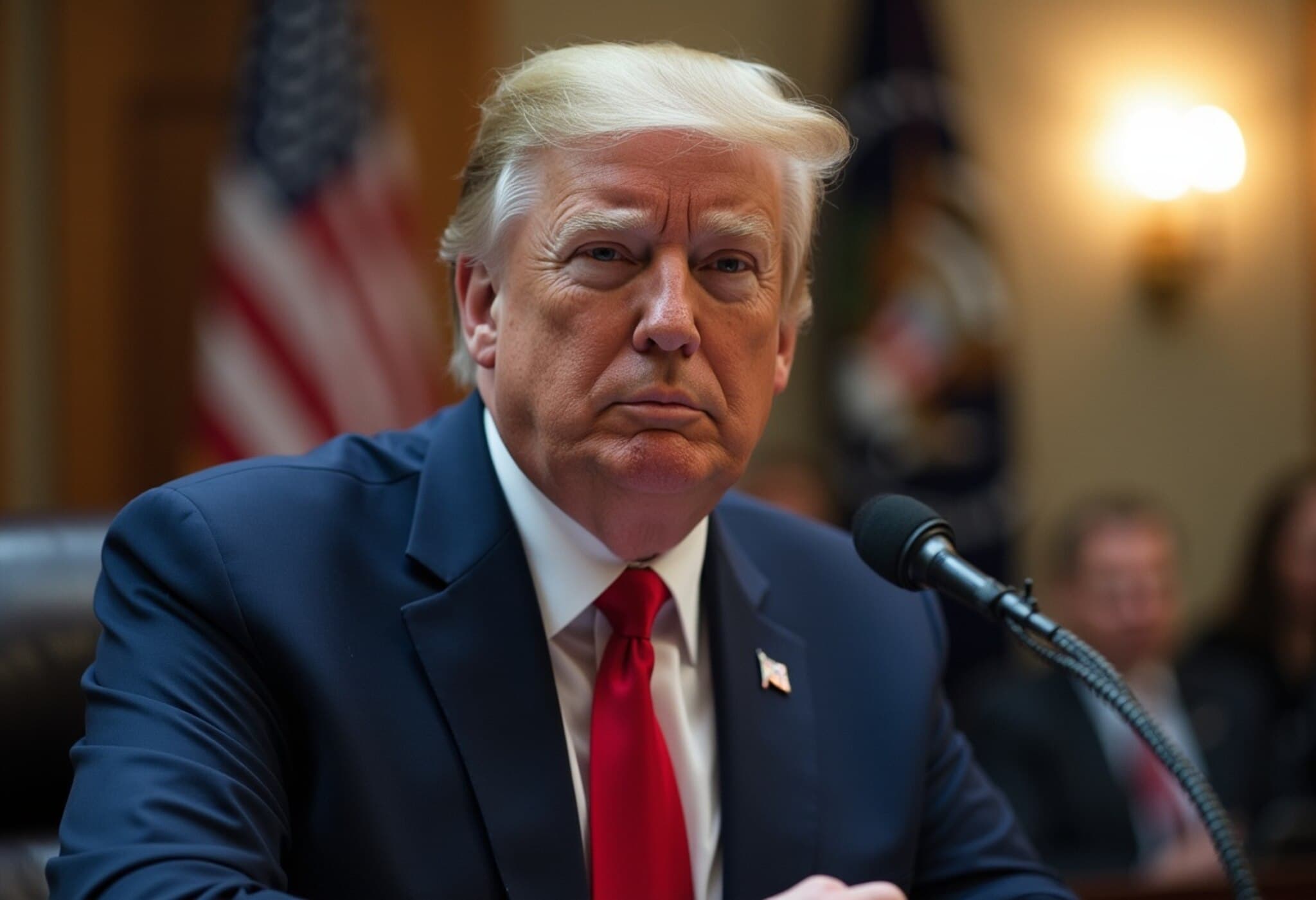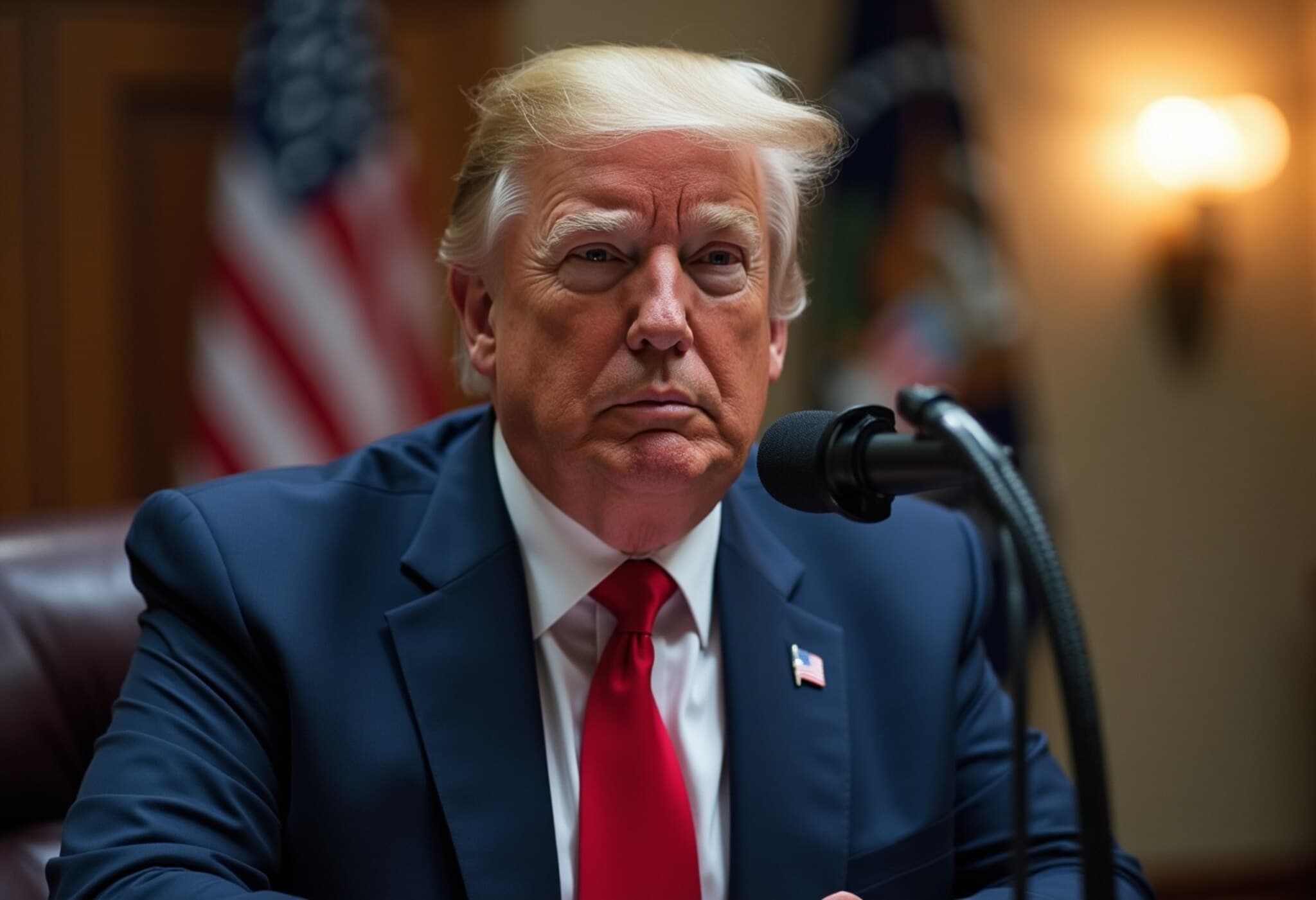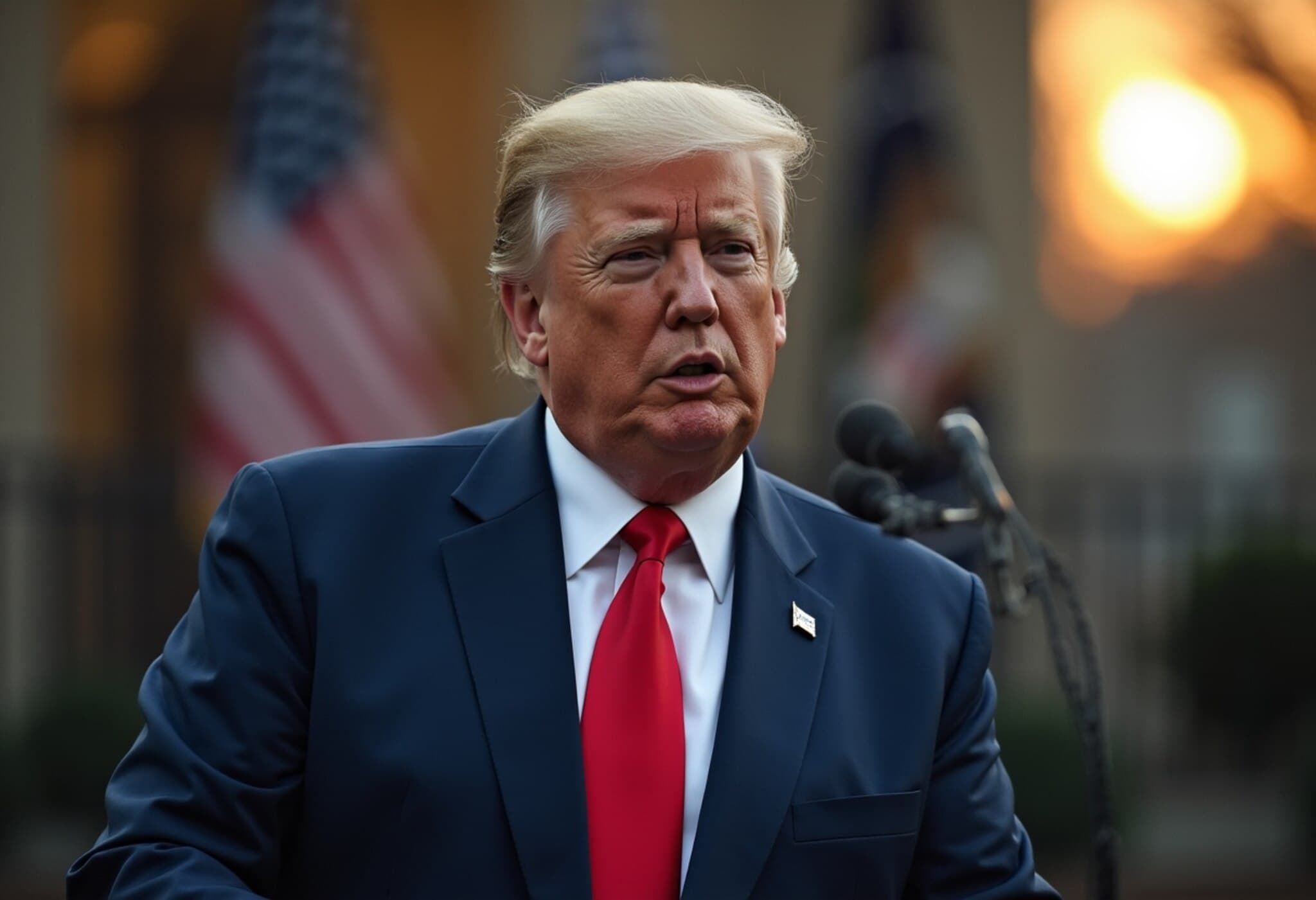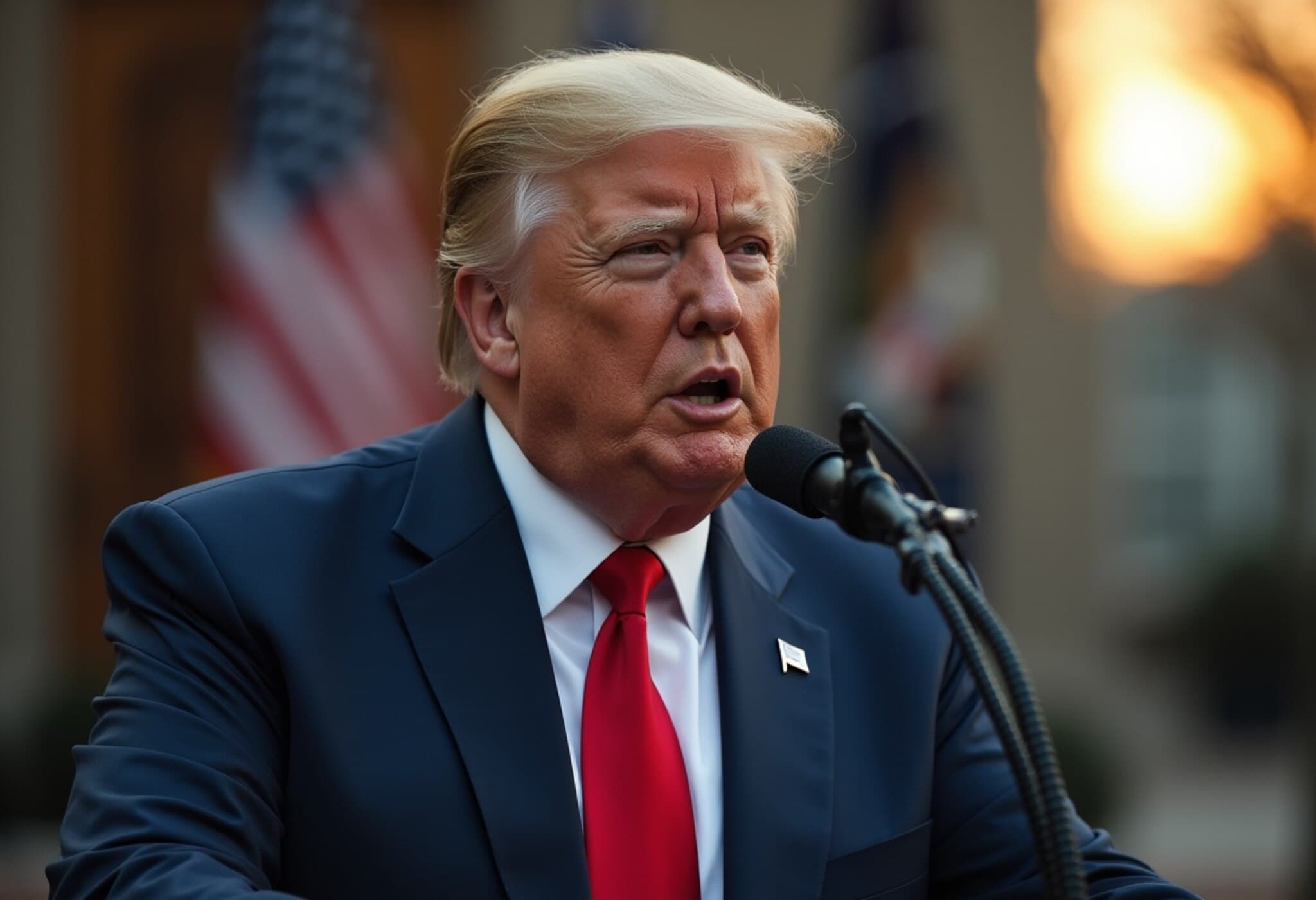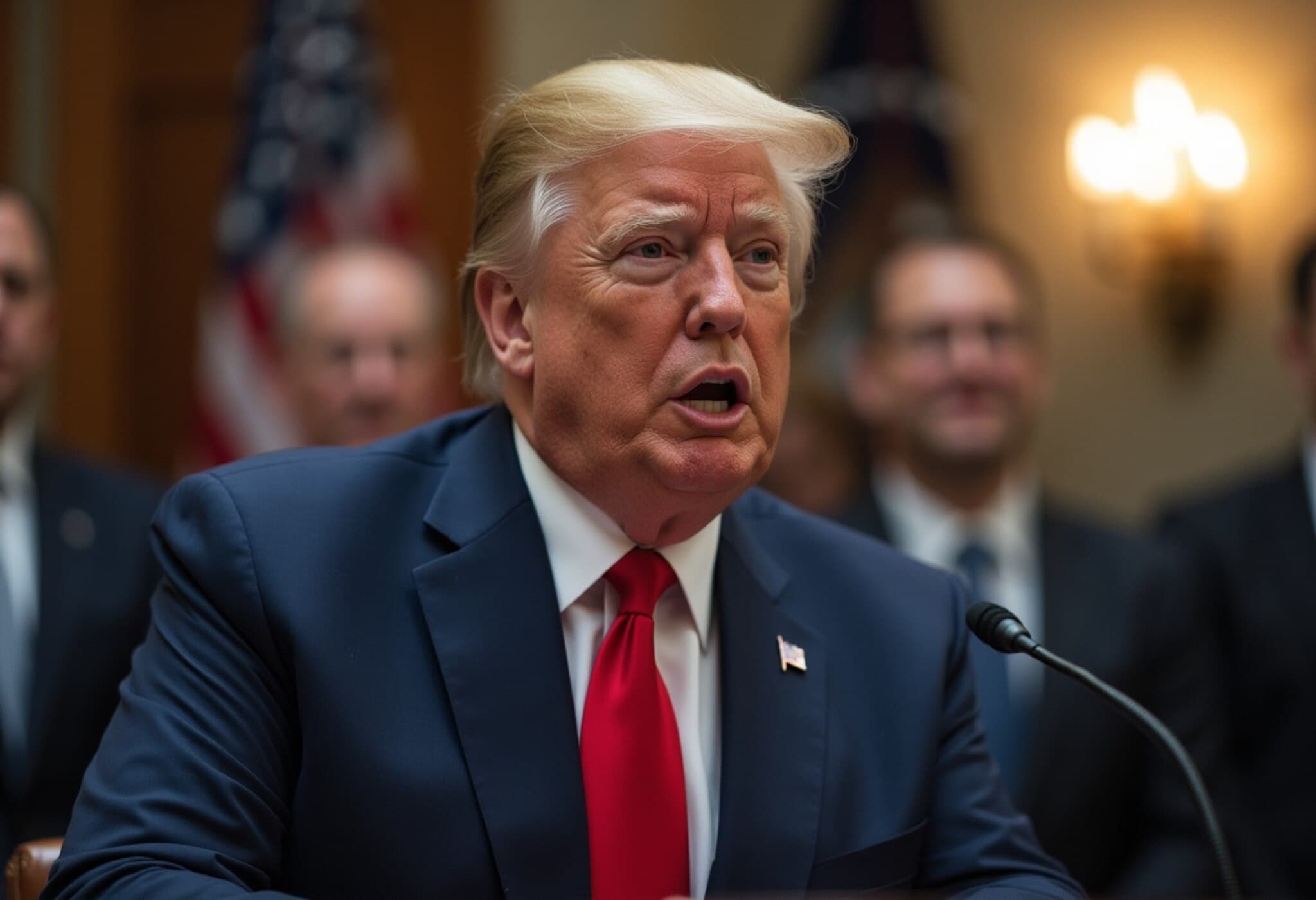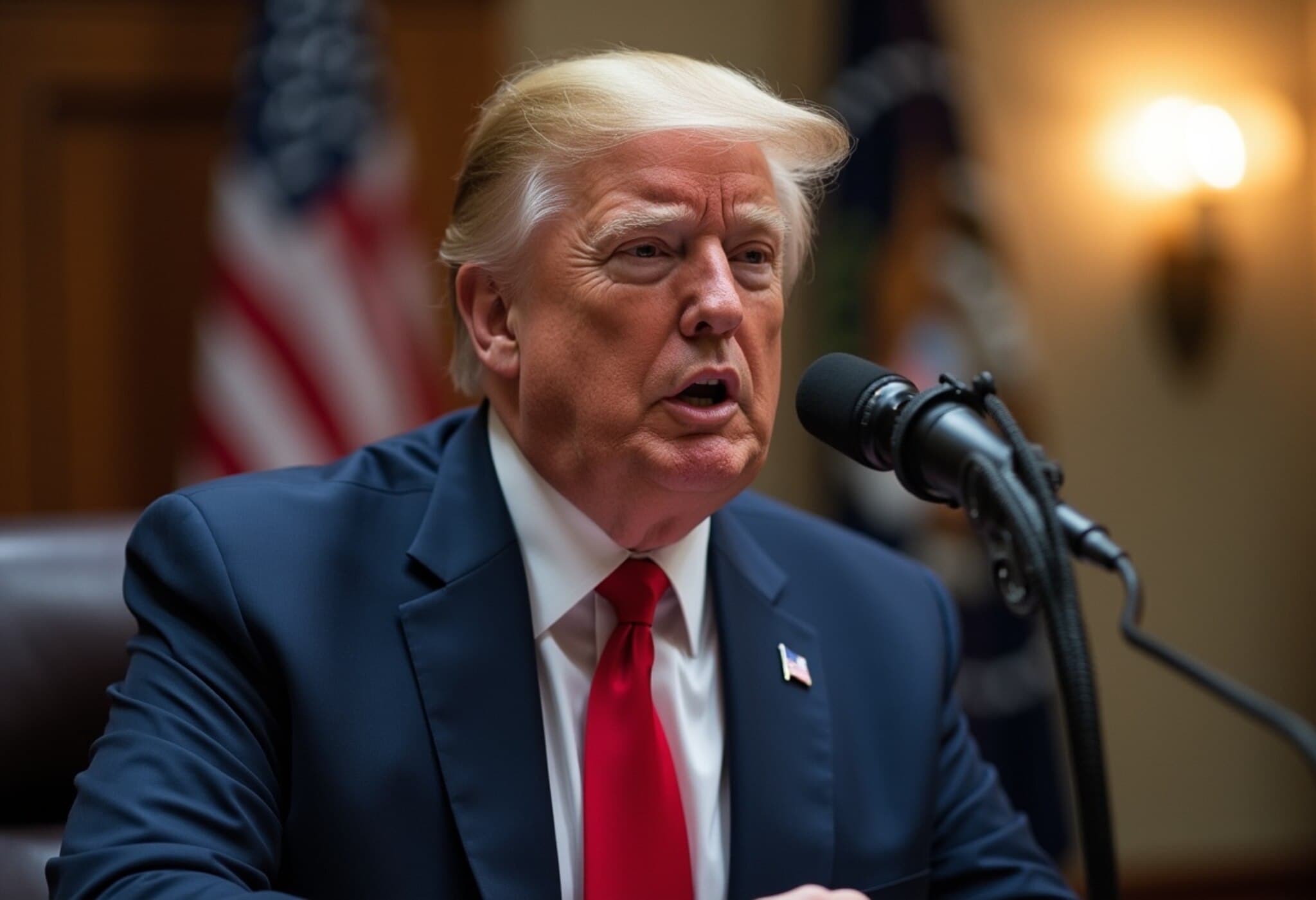President Trump Ousts BLS Commissioner Erika McEntarfer Over July Jobs Report
In a dramatic development this Friday, former US President Donald Trump dismissed Erika McEntarfer, the Bureau of Labor Statistics (BLS) Commissioner, mere hours after the agency released a July jobs report reflecting disappointing employment growth. Trump, who remains a dominant voice in Republican politics, publicly accused McEntarfer, a Biden administration appointee, of deliberately manipulating labor data to influence the political landscape.
Trump’s Allegations of Political Bias and Data Manipulation
Taking to his platform, Truth Social, Trump blasted the accuracy of the reported employment figures, claiming that McEntarfer "faked the Jobs Numbers before the Election to try and boost Kamala’s chances of Victory." He referenced previous controversial revisions by the BLS, stating that the bureau had overstated job growth by 818,000 in March 2024 and by an additional 112,000 during August and September leading up to the 2024 presidential election.
“No one can be that wrong,” Trump said, emphasizing the urgent need for “accurate Jobs Numbers.” He further declared that McEntarfer would be replaced with someone “much more competent and qualified,” signaling a tightening grip on the agency’s leadership under Republican pressure.
Understanding the July Jobs Report and Its Revisions
The BLS July data revealed a gain of only 73,000 nonfarm jobs, significantly below economists’ expectations. Moreover, the agency revised downward the job additions for May and June by a staggering 258,000 jobs, marking the steepest two-month downward revision since the early days of the COVID-19 pandemic in April 2020.
These revisions contribute to a three-month average job gain of a mere 35,000 jobs, suggesting a slowing labor market. Such data not only influence public perception but also guide policy decisions impacting millions.
Economic and Political Implications
- Market Reaction: Following the report, the stock market reacted sharply. The Dow Jones Industrial Average plunged by over 500 points, while the Nasdaq Composite Index fell more than 2%. Treasury yields also declined, reflecting investor concerns about the economic outlook and potential monetary policy shifts.
- Federal Reserve’s Role: Trump did not mince words regarding Federal Reserve Chair Jerome Powell, calling him “Too Late” and accusing the Fed of playing political games by lowering interest rates twice before the presidential election, supposedly to aid Vice President Kamala Harris’s chances. The Fed recently held interest rates steady, but the weak jobs data has raised expectations for a rate cut soon, perhaps as early as September.
- Agency Accountability: The dismissal of McEntarfer highlights growing scrutiny over the BLS’s data accuracy. Congressional Republicans, including Trump, have long expressed concerns over large data revisions and their timing, which some allege obscure the true state of the economy.
Contextualizing the Controversy: What’s at Stake?
The Bureau of Labor Statistics stands as a pillar of economic data integrity in the United States, with its reports shaping everything from policy decisions to social trust in government transparency. Accusations of politicization threaten this trust at a crucial juncture.
Experts caution against drawing premature conclusions without thorough audits of the methods behind employment data collection and revision protocols. Accurate labor statistics are vital for:
- Formulating effective fiscal and monetary policy
- Business planning and investment decisions
- Public confidence in economic governance
At the same time, the timing of the dismissals and public accusations entwines economic data with electoral politics, underlining persistent tensions between statistical objectivity and partisan narratives.
Leadership Changes and Future Prospects
Labor Secretary Lori Chavez-DeRemer, herself a Trump appointee overseeing the BLS, has yet to comment on the dismissal. The swift move signals potential shifts in how labor data might be handled going forward, with ramifications for data users domestically and internationally.
Given the BLS’s critical role, future leadership will need not only to ensure rigorous data quality but also to restore confidence across the political spectrum.
Editor’s Note
This episode sheds light on the complex interplay between economic data, political agendas, and public trust. As job figures dominate headlines and investor decisions, the integrity of institutions like the Bureau of Labor Statistics becomes paramount. Readers are invited to consider: How can government agencies safeguard objectivity amid political pressures? What mechanisms should be in place to guarantee transparency in economic reporting? And beyond politics, what does a slowing labor market truly mean for America’s economic future?

